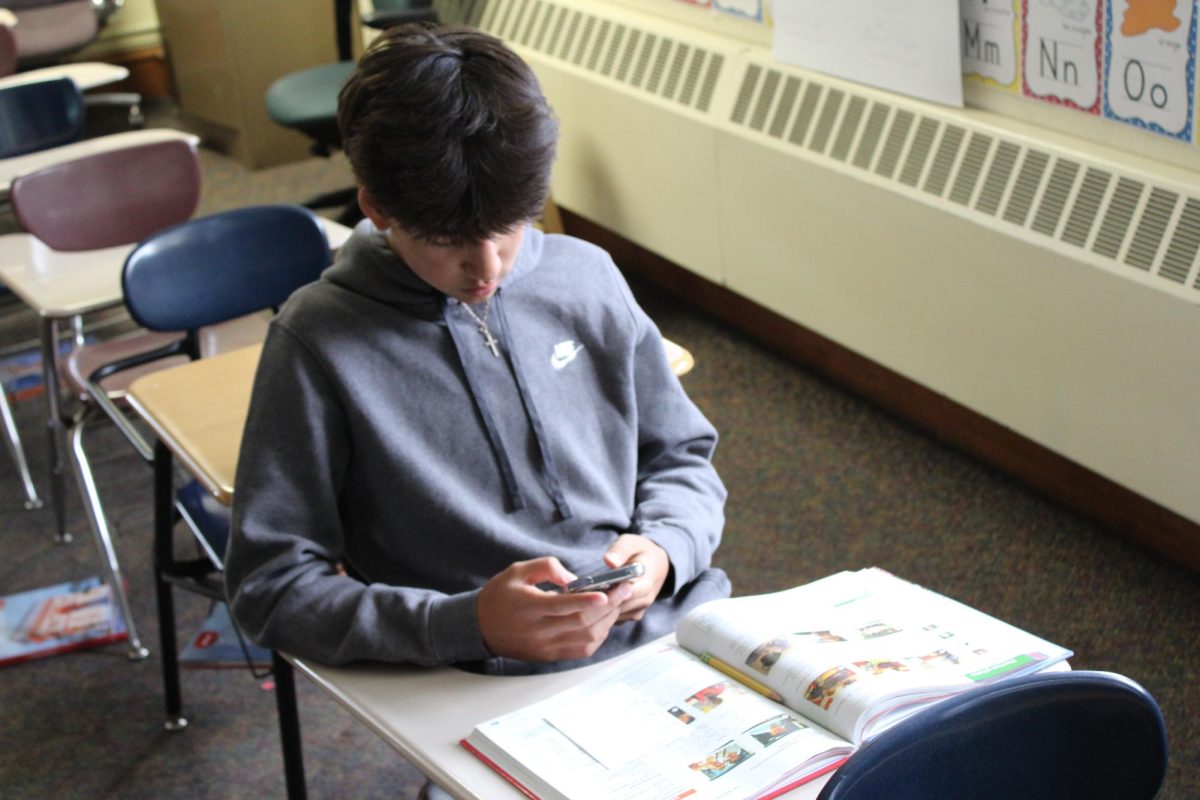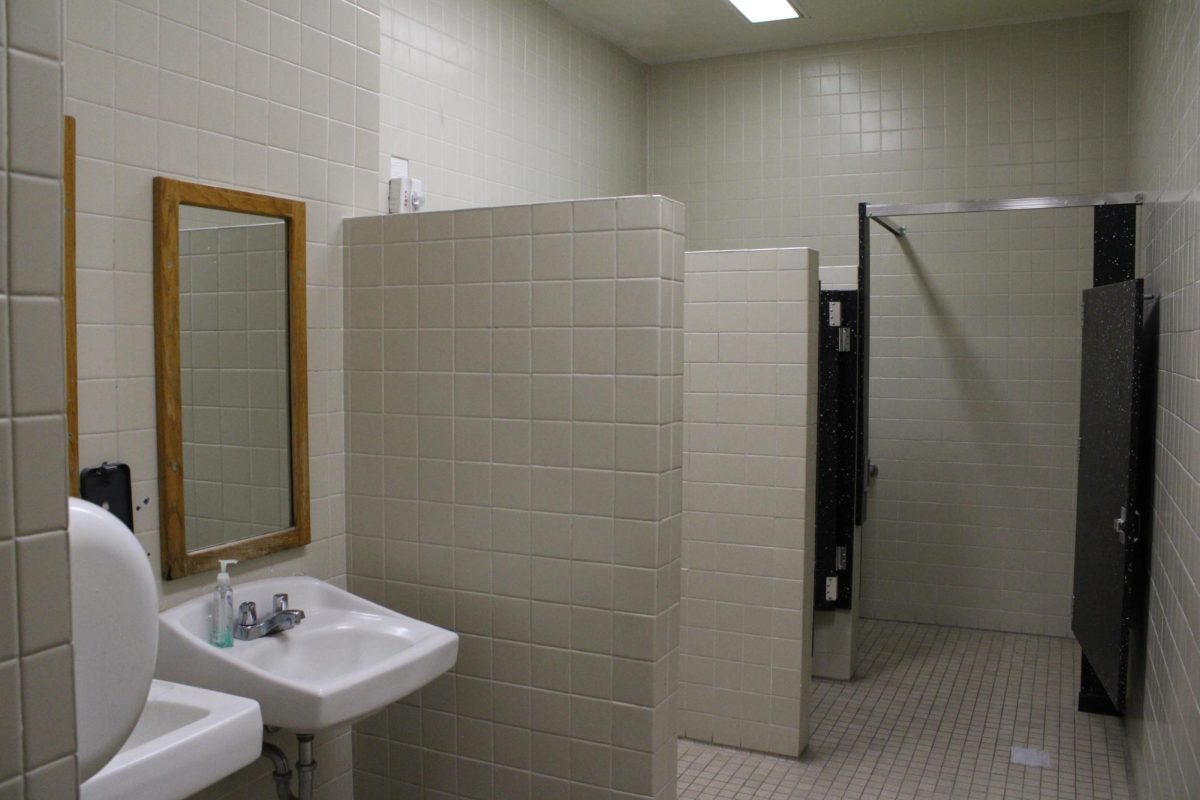Colleges continue test-optional policies
From now on, a two hour and 55 minutes, 215 question test won’t decide a student’s fate as a potential college student.
The college application process has always been stressful and daunting for many upperclassmen. Students must gather application forms, transcripts, and lists of their activities in order to impress college recruits, as well as studying for and taking ACT exams.
However, a new survey conducted by FairTest found more than 80% of US institutions will not require students to submit standardized ACT or SAT test scores along with their application this year. These schools are labeled “test-optional” and recognize test scores alone may not accurately measure a student’s academic level. Instead, critics of the tests argue that ACT and SAT exams often measure family wealth, a factor they believe should not be as heavily by admissions officers.
FairTest Executive Director Harry Feder, shared these statistics in a data release. He also said more than 1,750 schools will have test-optional policies in place for the fall of 2023.
Many Central students are pleased, and undisturbed by the new application criteria. It relieves stress from having to study for the ACT on top of mandatory class work. It also allows students a fair chance to be accepted, and attend the school of their dreams, without having to rely on test scores.
A junior at Central, Ella Easton, is pleased by the new rule and believes it will be beneficial to most students. Now college admissions officers will be able to focus on Grade Point Averages, proving students’ academic success inside the classroom.
She plans to attend a smaller four-year university, like Washburn University or Rockhurst University to play soccer at the next level, or a larger college like University of Minnesota or Kansas State.
“Most of these schools are test optional but submitting an ACT score may result in more merit-based scholarships,” Easton said.
An additional 85 schools across the United States will be “test blind”, according to the FairTest survey, meaning they won’t even consider the students’ scores in their decision on whether to admit the applicant or not.
Charlie Yale, another junior at Central, has already taken the ACT despite it being a non-requirement for the 2023 class. He had been preparing for the exam since sophomore year, taking timed tests and working with an advisor to study the content.
He said, “It doesn’t really change my thinking about applications, and I don’t think that submitting my score will detract from my application.”
Your donation will support the student journalists of Omaha Central High School. Your contribution will allow us to purchase equipment and cover our annual website hosting costs.

Hi! My name is Hattie Moeller (She/Her) and this is my first year on the Register staff. In my free time, I enjoy being outdoors, whether it be hiking,...

















